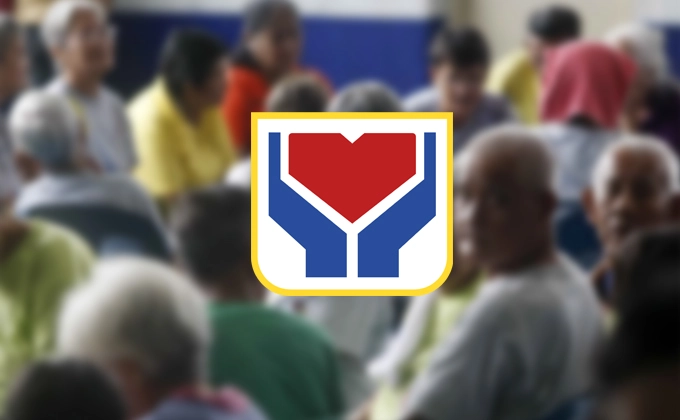DSWD 'special' reach-out activity assists 270 Aetas in Tarlac
The Department of Social Welfare and Development (DSWD) conducted its "Oplan Pag-Abot sa Pasko" program were it assisted 274 members of the Aeta community from Capas, Tarlac.

In a statement on Monday, Dec. 18, DSWD Secretary Rex Gatchalian said the activity is in line with the department's various programs and services, which include the Assistance to Individuals in Crisis Situation (AICS) program and the Balik Probinsya, Bagong Pag-Asa (BP2) program.
Meanwhile, the department explained that "Oplan Pag-Abot" is one of the flagship programs of the DSWD, which offers proper interventions to support individuals and families living on the streets of Metro Manila.
This is being done in collaboration with the Commission on Human Rights (CHR), the Philippine Statistics Authority (PSA), the Metropolitan Manila Development Authority (MMDA), and the concerned local government units (LGUs) in the National Capital Region.
Last Dec. 16, the DSWD team identified the Aetas along Samson Road in Caloocan City where, according to the DSWD official, 73 Aeta families were reportedly from five barangays in Capas, Tarlac.
"The team encountered these Aetas during their weekend outreach activity as part of our agency's 'Pag-Abot sa Pasko' initiative," Assistant Secretary for Legislative Affairs Irene Dumlao said.
With the help of Field Office-3 in Central Luzon and local government units (LGU), the department transported them back to their communities.
"This program focuses on strengthening support, especially during the holiday season when we see a volume of families and individuals flocking to the streets to beg," she added.
Dumlao then expressed her gratitude for the collaborative efforts of the DSWD-FO, particularly the LGUs of Caloocan City and Capas.
The DSWD also planned to assess their eligibility for the Sustainable Livelihood Program (SLP)—this empowers individuals with entrepreneurial opportunities and resources, allowing them to start anew in their respective communities.
Since July, DSWD has reached out to more than 1,170 individuals in Metro Manila, consisting of 570 individuals and 602 family members, through Oplan Pag-Abot.